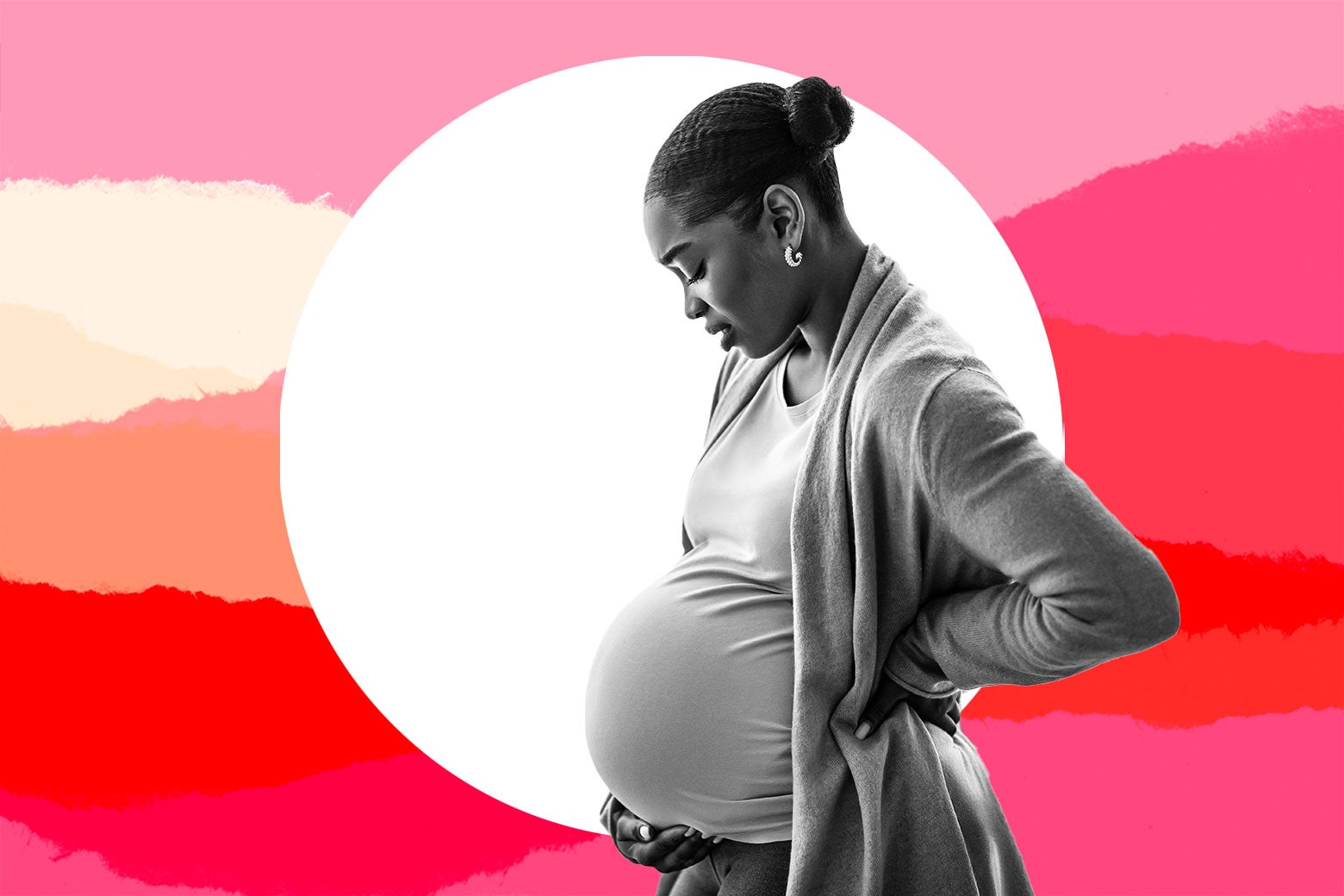I'm pregnant. My husband won't so much as let me drive to the corner store. Unfortunately, he has a good reason.

Source: https://slate.com/advice/2025/03/pregnant-husband-extreme-anxiety-marriage-advice.html
Summary
Sarah, a pregnant woman, seeks advice about her husband Mark's driving ban due to his PTSD from a car accident where he was seriously injured and subsequent witnessing of a pregnant woman in a similar accident. While understanding his fears, Sarah feels restricted and desires independence. Experts suggest open communication, acknowledging Mark's trauma while expressing her needs. They recommend professional help for Mark's anxiety, potentially through therapy like CBT or EMDR, and gradual exposure to driving. Exploring alternative transportation and focusing on pregnancy-specific safety measures could offer short-term solutions while they work toward a compromise and re-establish shared decision-making within their relationship.
